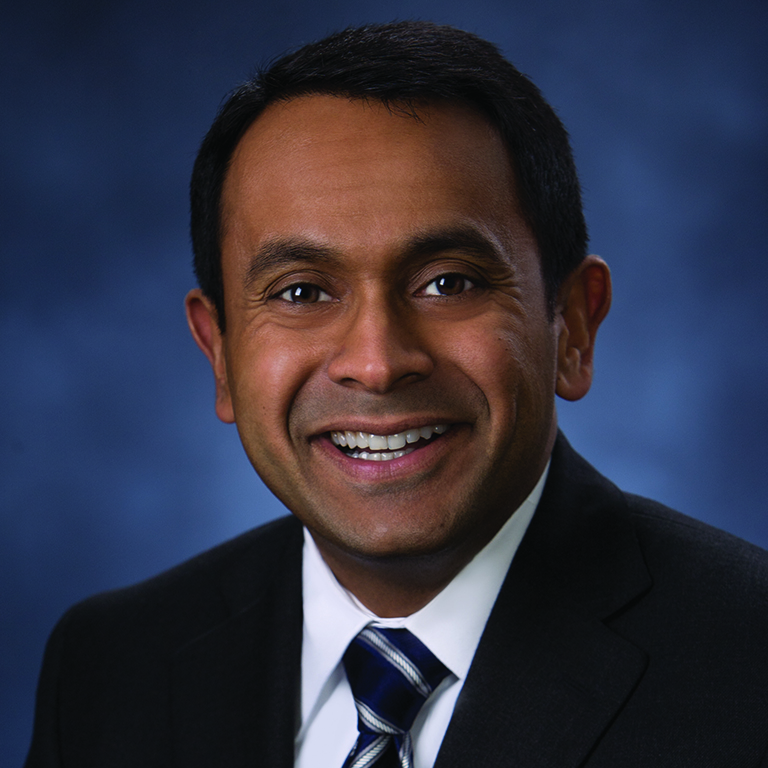The rapid emergence of generative AI is profoundly impacting organisations across industries and geographies. This advanced technology can present transformative opportunities for enhanced business growth, operational efficiencies, and much more.
However, as with other emerging technologies, generative AI also presents challenges and risks. In fact, this year's Global Risks Report, produced by the World Economic Forum with support from Marsh McLennan and others, identified AI-fueled misinformation and disinformation among the most significant risks organisations are facing — in both the short- and long-term. The potential threats, coupled with the proliferation of generative AI, underscore the importance for business leaders to understand and take into account the impact that this emerging technology could have on their organisation. Further, it is critical for organisations implementing generative AI in the workplace to do so in an effective manner that helps streamline processes and improve productivity.
In this episode of Risk in Context, Jaymin Kim, Senior Vice President of Emerging Technologies with Marsh's Global Cyber Insurance Center, speaks with Ravin Jesuthasan, Global Leader of Mercer's Transformation Services business, and David Stone, Office of the CISO at Google Cloud. They explore some of the latest trends in the generative AI landscape, the potential impacts on work and the workforce, and the risks and opportunities that organisations should consider.










